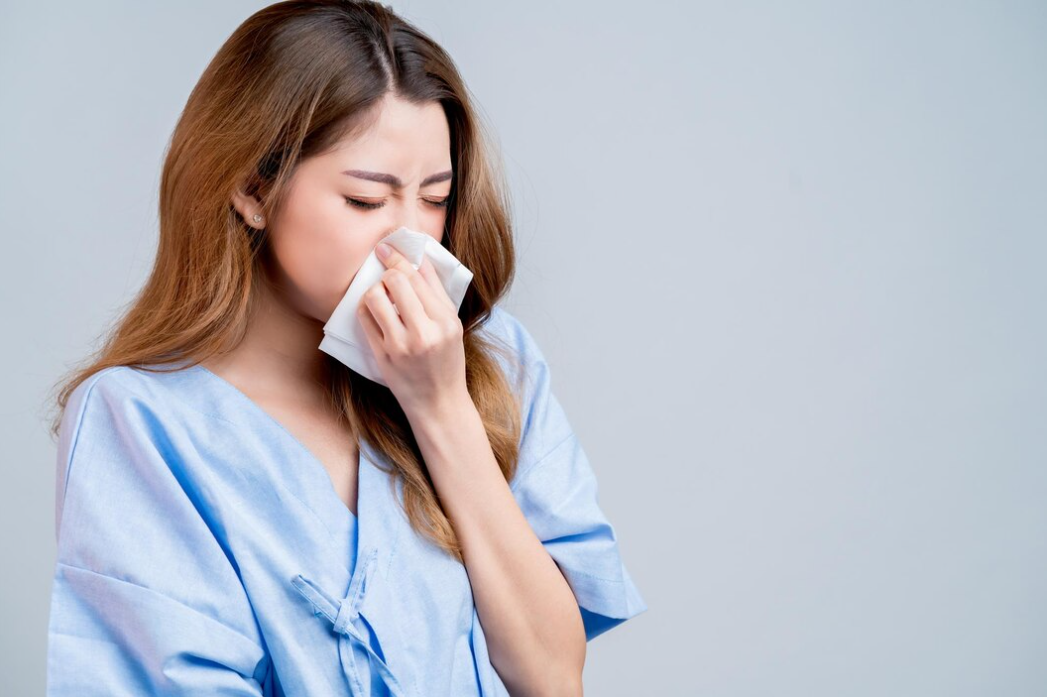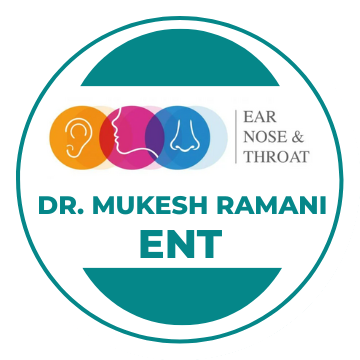Services
We Provide

Understanding Allergic Rhinitis
Allergic rhinitis, commonly known as hay fever, is a type of allergic reaction that occurs when the immune system overreacts to allergens in the air, such as pollen, dust mites, pet dander, or mold spores. This allergic reaction triggers inflammation of the nasal passages, leading to symptoms such as sneezing, nasal congestion, runny nose, and itching of the nose, eyes, or throat. Allergic rhinitis can significantly impact an individual’s quality of life, but with proper diagnosis and management, symptoms can be effectively controlled.
Diagnosis of Allergic Rhinitis
Diagnosing allergic rhinitis typically involves a comprehensive evaluation by a healthcare provider, often an allergist or immunologist. During the examination, the provider may review the individual’s medical history and perform tests such as:
- Skin Prick Test: A skin prick test involves placing small amounts of common allergens on the skin and then pricking the skin to allow the allergens to enter the body. If a person is allergic to a particular allergen, a raised bump (wheal) will appear at the site of the allergen.
- Blood Tests: Blood tests, such as specific immunoglobulin E (IgE) testing, may be performed to measure the level of allergen-specific antibodies in the blood.
Causes of Allergic Rhinitis
Allergic rhinitis is caused by exposure to allergens that trigger an allergic reaction in susceptible individuals. Common allergens that can trigger allergic rhinitis include:
- Pollen: Pollen from trees, grasses, and weeds is a common allergen that can trigger seasonal allergic rhinitis, also known as hay fever.
- Dust Mites: Tiny insects that thrive in household dust and bedding can trigger allergic rhinitis, particularly in individuals with dust mite allergies.
- Pet Dander: Proteins found in the skin flakes, saliva, and urine of pets such as cats, dogs, and rodents can trigger allergic rhinitis in susceptible individuals.
- Mold Spores: Mold spores released into the air by indoor and outdoor molds can trigger allergic rhinitis, particularly in damp or humid environments.
Symptoms of Allergic Rhinitis
Common symptoms of allergic rhinitis may include:
- Sneezing: Frequent bouts of sneezing, particularly in response to exposure to allergens.
- Nasal Congestion: Nasal congestion or stuffiness, which may be persistent or worsen during allergy seasons.
- Runny Nose: Clear or watery nasal discharge (rhinorrhea), often accompanied by itching or irritation of the nose.
- Itchy Eyes: Itching, redness, or watering of the eyes (allergic conjunctivitis) in response to allergen exposure.
- Postnasal Drip: Sensation of mucus dripping down the back of the throat, leading to throat irritation or coughing.
It’s important to seek medical attention if you experience symptoms of allergic rhinitis, as early diagnosis and treatment can help alleviate symptoms and improve quality of life. Treatment for allergic rhinitis may include allergen avoidance measures, medications such as antihistamines, nasal corticosteroids, or allergy shots (immunotherapy) to desensitize the immune system to allergens. With proper management, individuals with allergic rhinitis can effectively control their symptoms and lead fulfilling lives.
18+
years
of experience

Dr. Mukesh Kumar Ramani
Dr. Mukesh Kumar Ramani is a dedicated Specialist ENT Surgeon at Aster Clinic (Aster Jubilee Medical Complex) in Burdubai, Dubai. With over 18 years of experience in the field, Dr. Ramani has garnered expertise in various aspects of Otorhinolaryngology.
He completed his MBBS from Thanjavur Medical College, Tamilnadu, India, followed by MS (ENT) from B. J. Medical College, Ahmedabad, India, and DNB from the National Board of Examinations, New Delhi, India. Dr. Ramani’s extensive academic background is complemented by his passion for delivering high-quality patient care.
